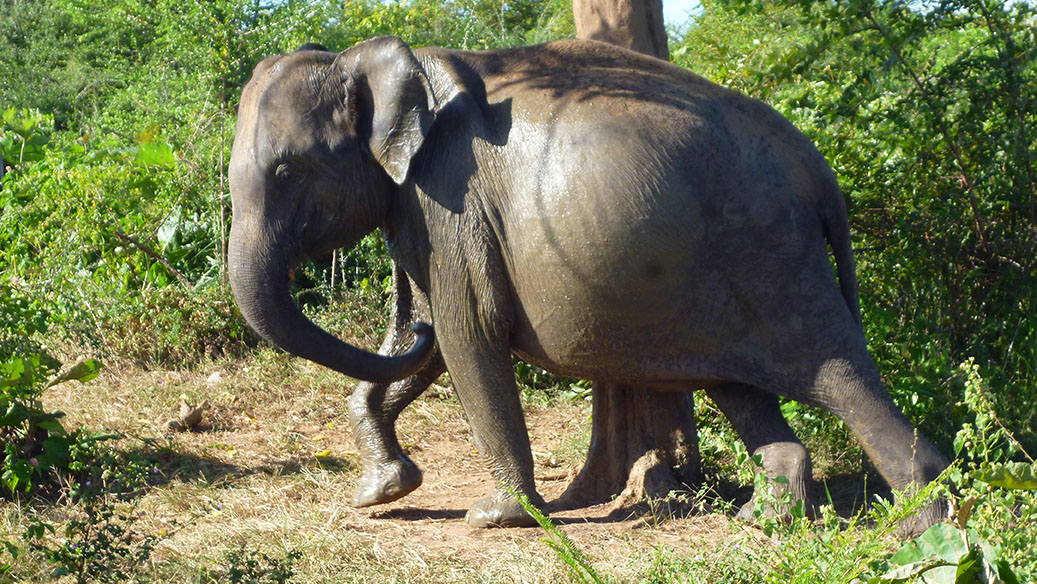

Pregnant means that a female animal is carrying a foetus inside her body. The foetus is a developing baby that will eventually be born. The pregnancy period for humans is about 9 months.
The process of pregnancy begins when a sperm cell fertilises an egg cell. The fertilised egg cell then implants in the lining of the uterus, where it will develop into a fetus.
The foetus gets its nutrients from the mother's blood through the placenta. The placenta is a special organ that connects the fetus to the mother's uterus.
During pregnancy, the mother's body undergoes many changes to support the developing foetus. These changes include an increase in blood volume, weight gain, and changes in the shape of the abdomen.
Pregnancy can be a physically and emotionally demanding experience for the mother. It is important for pregnant women to get regular prenatal care and to eat a healthy diet.
After about 9 months, the fetus is ready to be born. The mother's body will go through labour and delivery, which is the process of giving birth to the baby.
The woman was pregnant for nine months.

Noun: a state of being with child.
Adjective: having a child in the womb.
Verb: to make someone pregnant.
The word "pregnant" comes from the Latin word "praegnas", which means "with child".
The first recorded use of the word "pregnant" in English was in the 14th century.
What happens during pregnancy?
Question:
Explain the physiological changes that occur in a woman's body during pregnancy. Discuss the role of hormones and their impact on pregnancy-related symptoms and the development of the fetus.
Answer:
Pregnancy triggers significant physiological changes in a woman's body, driven by a complex interplay of hormones. One key hormone is human chorionic gonadotropin (hCG), which maintains the corpus luteum in the ovary, sustaining progesterone production critical for early pregnancy.
Progesterone and estrogen levels rise, causing changes in the uterine lining to support embryo implantation and maintain a suitable environment for the developing foetus. Relaxin, another hormone, helps relax uterine muscles, preventing contractions that could lead to premature labour.
Pregnancy-related symptoms, such as morning sickness and breast tenderness, are often attributed to hormonal fluctuations. The placenta produces hormones like human placental lactogen (hPL), which aid in mammary gland development and regulate maternal metabolism.
Throughout pregnancy, the hormone oxytocin becomes increasingly important. It stimulates uterine contractions during labour and promotes bonding between mother and child, facilitating breastfeeding.
Overall, pregnancy involves intricate hormonal orchestration to ensure the proper development of the fetus and the maintenance of maternal health. Hormones drive physiological adaptations necessary for successful gestation, culminating in childbirth and the beginning of the nurturing journey between mother and child.